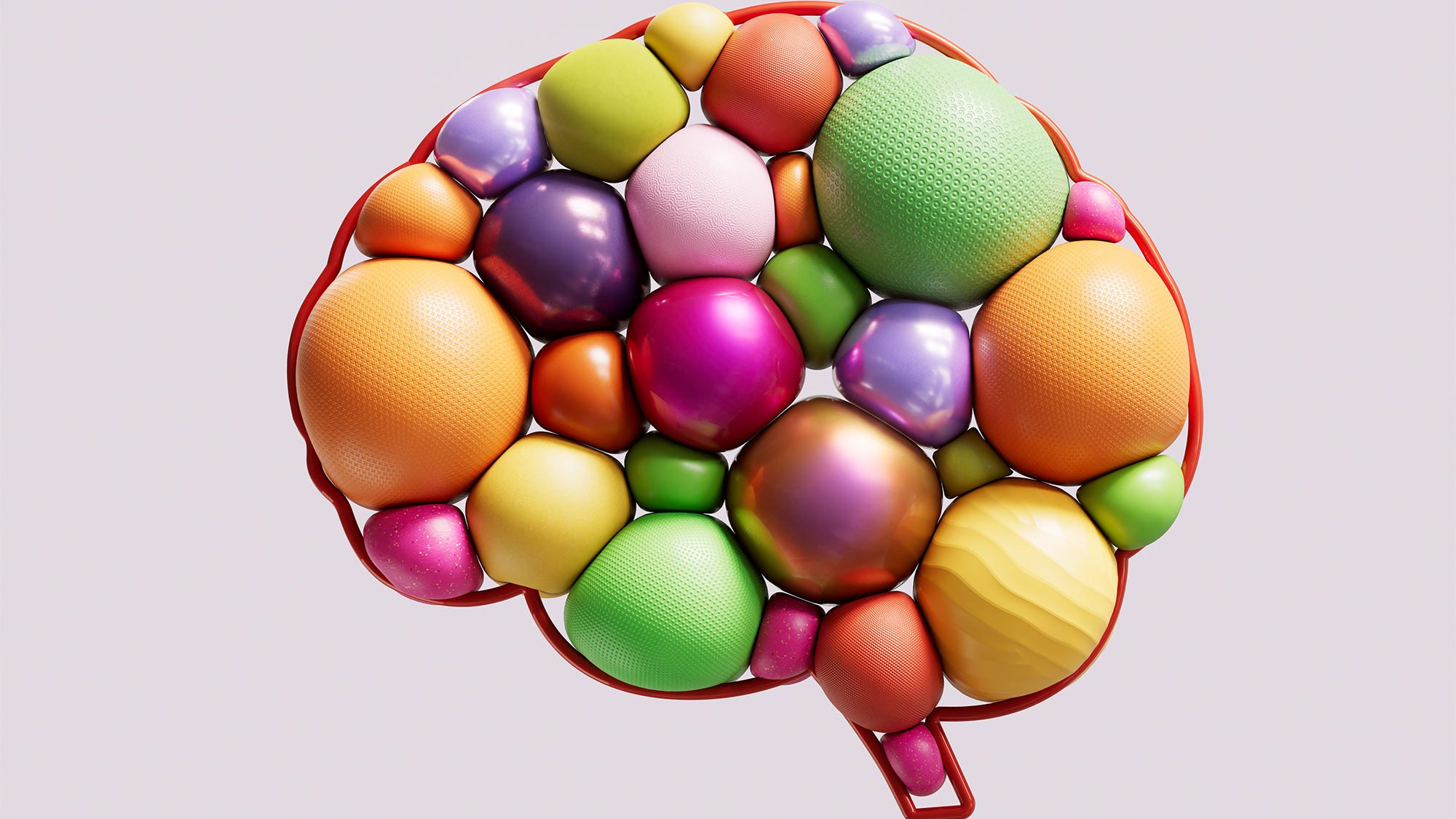Think back to some of your core memories–meeting a spouse, getting a job you really wanted, or finding out someone you loved had died. Some are pretty easy to recall, with vivid details that seem as fresh as the moment itself. Other memories might feel more ambiguous and faded, while the most stubborn ones don’t come up at all. Why this discrepancy between memories, both good and bad?
A study published today in the journal Science Advances found that mundane memories get extra sticking power in the brain if they are connected to a significant event. These events include something surprising, rewarding, or events with an emotional punch. For example, if you win the lottery, you’re more likely to remember what you were doing just before, even if it is something simple. Or you may recall what you were wearing or eating for lunch when you received some bad news.
Understanding the brain mechanisms behind this could lead to better treatments for those with memory problems or even be used to help students retain more difficult concepts.
“Memory isn’t just a passive recording device: Our brains decide what matters, and emotional events can reach back in time to stabilize fragile memories,” study co-author Dr. Robert M.G. Reinhart, a psychologist at Boston University, said in a statement. “Developing strategies to strengthen useful memories, or weaken harmful ones, is a longstanding goal in cognitive neuroscience. Our study suggests that emotional salience could be harnessed in precise ways to achieve those goals.”
The selective brain
In the new study, the team used the example of someone hiking through Yellowstone National Park and seeing a herd of
